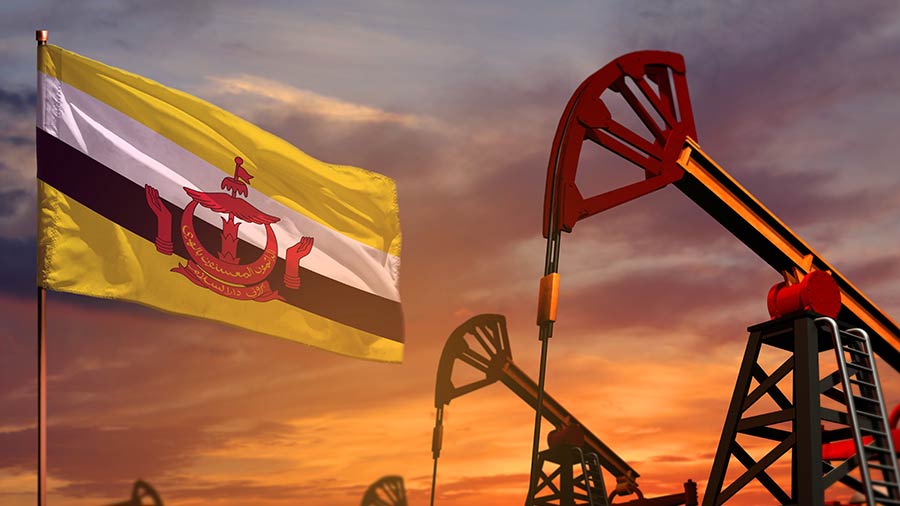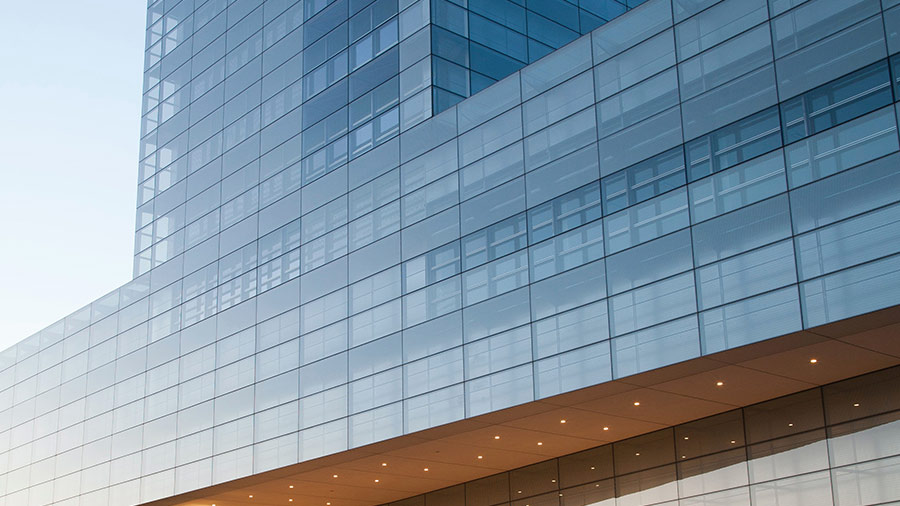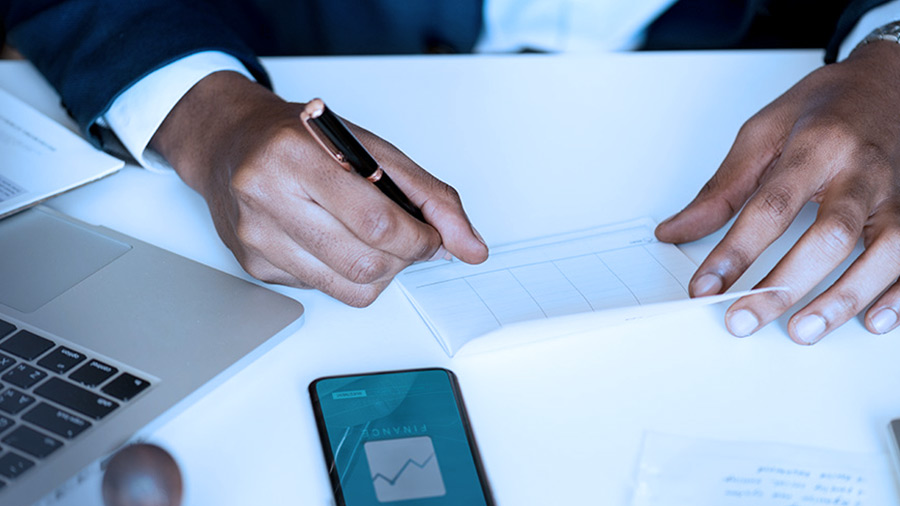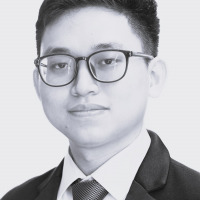Indonesia has ratified various international agreements on intellectual property rights such as the Madrid Protocol, the Agreement on Trade-Related Aspects of Intellectual Property Rights, the Berne Convention, the Paris Convention, and the WIPO Copyright Treaty.
Indonesia is also a signatory to the ASEAN Patent Examination Cooperation, which can allow applicants to obtain patents in and across other participating ASEAN countries, faster and more efficiently.
What are the main types of intellectual property that are protected under Indonesian laws?
The following types of intellectual property are protected:
- Trademarks;
- Patents; and
- Copyrights.
Trademarks
As this section explains in detail, the Indonesia trademark regime adopts the first-to-file principal, trademark applications made face substantive examination and must meet other criteria to be successful. Trademark registrations can require between 3 and 6 months, be valid up to 10 years, and can later be renewed within 6 months of the expiry date.
Trademark applications
Under Indonesia’s Trademark Law, a trademark is defined as any sign in the form of letters, numbers, compositions, symbols, figures, colors, or a combination of the aforementioned that is used to distinguish the goods and services provided by a company or person. Sounds, holograms, and 3-dimensional forms can also be protected under the law.t
As mentioned, Indonesia adopts the first-to-file principal, meaning that the entity or individual whose trademark application has the earliest filing date will hold the rights exclusively.
Furthermore, a trademark application can be rejected if it is filed in bad faith (it appears to be substantially similar to an already registered trademark) as well as contravening, the State Ideology, religion, current laws and regulations, and public order. The trademark application should also not be misleading in terms of its quality, type, size, or intended use.
Under Indonesia’s Trademark Law, a trademark is defined as any sign in the form of letters, numbers, compositions, symbols, figures, colors, or a combination of the aforementioned that is used to distinguish the goods and services provided by a company or person. Sounds, holograms, and 3-dimensional forms can also be protected under the law.
Substantive examination
Once an application is put through to the Directorate General of Intellectual Property Rights (DGIP), the DGIP will undertake a formality check before publishing the application for a period of two months. During this time, any interested party can challenge the application.
After the publication period ends, the DGIP will undertake a substantive examination by appointing an examiner from the Ministry of Law and Human Rights. This process takes approximately 30 days if there is no opposition, or 90 days if an opposition is filed.
It should be noted that a trademark application can be rejected if it is filed in bad faith (it appears to be substantially similar to an already registered trademark) as well as contravening, the State Ideology, religion, current laws and regulations, and public order. The trademark application should also not be misleading in terms of its quality, type, size, or intended use.
Certification
If the application passes the examination, the DGIP will issue a certificate and publish the trademark on the official Trademark Gazette. The trademark will expire 10 years from the original filing date. This can be renewed within 6 months of the expiry date.
Enforcement
A proprietor of a registered trademark can file a lawsuit to the Commercial Court if a third party is found to be misusing the trademark.
Under Indonesia’s Criminal Code, if the third party is found guilty of using an identical trademark to a registered one, they can receive prison terms of up to four years or a maximum fine of up to 500 million rupiah (US$612,800).
Patents
Patents in Indonesia are regulated under the Patent Law which defines a patent as an exclusive right granted to an inventor for an invention that is novel.
There are two types of patents for technical inventions in Indonesia:
- Patents – applied to novel inventions, involves and inventive step, and can be applied to industries. This form of protection is for goods and processes; and
- Simple patents – this is granted to new inventions that are industrially applicable but does not involve and inventive step. As such, this can be applied to inventions that improve existing products.
A patent is granted for a period of 20 years and 10 years for simple patents. Patent implementation includes the importing, making, and licensing of a patented product.
Substantive examination
The DGIP conducts a substantive examination of all patent applications through qualified patent examiners. The application will also be published on the official Patent Gazette which is open to the public who can submit any objections to the relevant patent. This process approximately takes 18 months from the date of receipt of the application.
Certification
The DGIP will approve or refuse a patent application within 30 months from the request date. Simple patents are normally approved within 10 months.
If the results of the substantive examination are in-line with the Patent Law, then the DGIP will issue a patent certificate.
Enforcement
Any unauthorized use of a patent can result in a fine of up to 1 billion rupiah (US$67,116) and infringements of simple patents 500 million rupiah (US$33,554).
Copyrights
Copyright is defined as the exclusive right of an author in the field of science, literature, and art. The types of work protected by the law are:
- Books, literary works, pamphlets;
- Speeches, public talks, and other similar works;
- Songs or music made with or without lyrics;
- Maps;
- Batik art;
- Photographic works;
- Cinematographic works;
- Portraits;
- Architectural works;
- Fine art such as paintings, drawings, engravings, calligraphy;
- Translations, adaptations;
- Computer programs; and
- Video games.
Registering the copyright
Since Indonesia is a member of the Berne Convention for the Protection of Literary and Artistic Works, copyright protection is afforded automatically. Moreover, the works of foreign nationals will also be automatically protected in Indonesia.
Although copyright registration is not necessary, it is beneficial for artists to file the copyright to the DGIP to validate the protection of the work.
Length of the copyright protection
Copyright protection continues throughout the lifetime of the author and an additional 70 years after their death. If the work is owned by a legal entity, then the copyright protection is given throughout the lifetime of the author and 50 years after their death.
If the works are owned by multiple people, then the copyright is valid until the longest surviving author. This is extended by an additional 70 years after the death of the longest surviving author.
For computer games, photographic works, databases, and cinematographic works, the copyright protection lasts for 70 years.
Enforcement
A copyright owner can file a lawsuit through the Criminal Courts which can stop the infringement of the copyright from continuing. The infringer can be fined between 100 million rupiah (US$6,717) to 4 billion rupiah (US$268,290) or imprisonment of between one to 10 years.






















